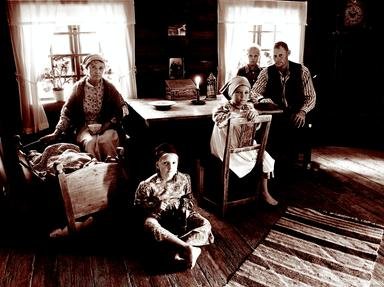Quiz Answer Key and Fun Facts
1. Which of the following was NOT part of the Compromise of 1850, or the "omnibus" bill?
2. Which of the following is NOT a provision of the Fugitive Slave Act (1850)?
3. What Act split the Kansas Territory into the Kansas and Nebraska Territories?
4. Here's an obscure fact: The ________ Manifesto said that the U.S. should try to acquire Cuba using "any means necessary".
5. Lecompton was the anti-slavery capital of Kansas.
6. We all know that John Brown was involved in the raid (he practically WAS the raid) on Harper's Ferry, but what other event was he involved in?
7. This case ruled that a slave couldn't sue for freedom.
8. Lecompton was going to make its own constitution that would make Kansas a state.
9. Which of these Acts restricted the power of the US president?
10. Finally, the Compromise of _____ ended Reconstruction.
Source: Author
spiderman450
This quiz was reviewed by FunTrivia editor
bloomsby before going online.
Any errors found in FunTrivia content are routinely corrected through our feedback system.

